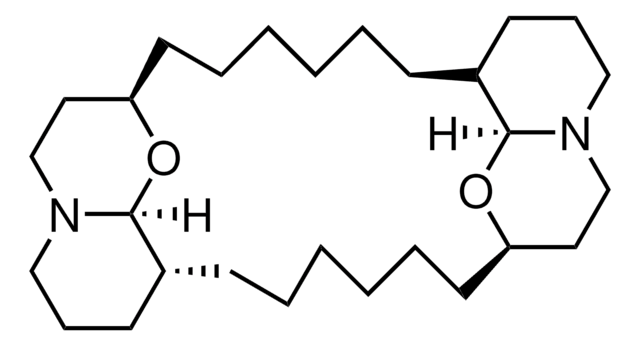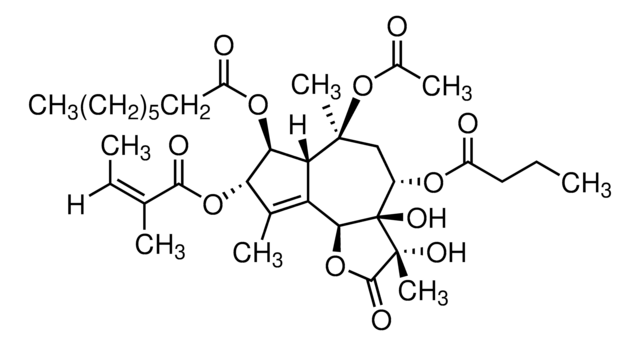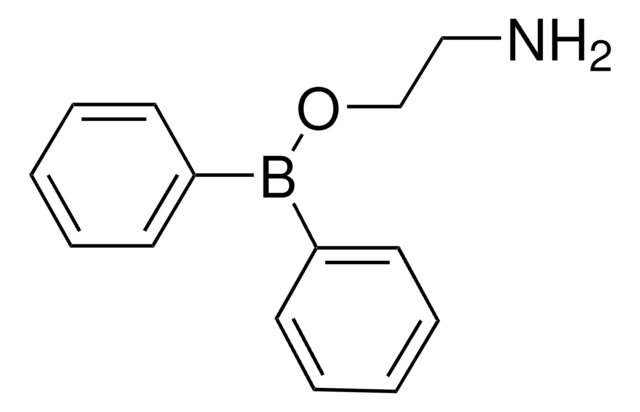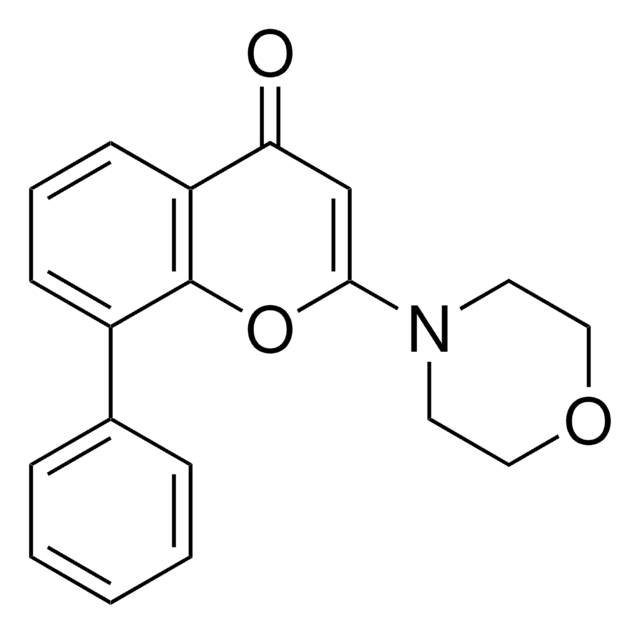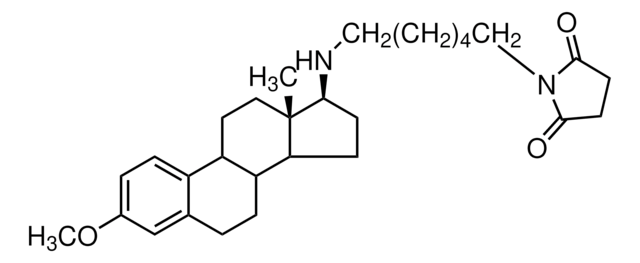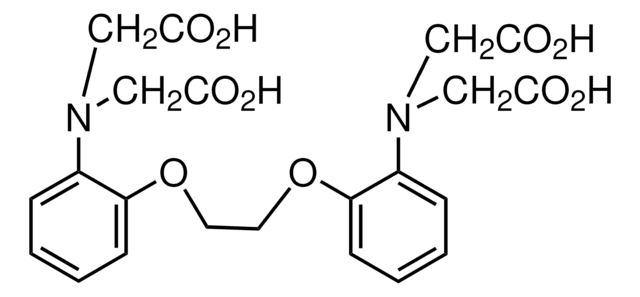U6756
U-73122 hydrate
powder
Synonym(s):
1-[6-[((17β)-3-Methoxyestra-1,3,5[10]-trien-17-yl)amino]hexyl]-1H-pyrrole-2,5-dione
About This Item
Recommended Products
Assay
≥97.5% (HPLC)
Quality Level
form
powder
color
off-white
solubility
ethanol: ~0.7 mg/mL
DMSO: ~0.9 mg/mL
chloroform: ~10 mg/mL
DMSO: ≤2.6 mg/mL (Achieved with heating.)
ethanol: ≤5 mg/mL (Achieved with heating.)
H2O: insoluble
storage temp.
room temp
SMILES string
O.COc1ccc2C3CC[C@]4(C)[C@H](CCC4C3CCc2c1)NCCCCCCN5C(=O)C=CC5=O
InChI
1S/C29H40N2O3.H2O/c1-29-16-15-23-22-10-8-21(34-2)19-20(22)7-9-24(23)25(29)11-12-26(29)30-17-5-3-4-6-18-31-27(32)13-14-28(31)33;/h8,10,13-14,19,23-26,30H,3-7,9,11-12,15-18H2,1-2H3;1H2/t23-,24-,25+,26+,29+;/m1./s1
InChI key
WCOYJDRCHHGMRK-BDEPKWELSA-N
Looking for similar products? Visit Product Comparison Guide
Application
Biochem/physiol Actions
Features and Benefits
Preparation Note
Storage Class Code
11 - Combustible Solids
WGK
WGK 3
Flash Point(F)
Not applicable
Flash Point(C)
Not applicable
Personal Protective Equipment
Choose from one of the most recent versions:
Already Own This Product?
Find documentation for the products that you have recently purchased in the Document Library.
Customers Also Viewed
Related Content
Discover Bioactive Small Molecules for Lipid Signaling Research
Our team of scientists has experience in all areas of research including Life Science, Material Science, Chemical Synthesis, Chromatography, Analytical and many others.
Contact Technical Service